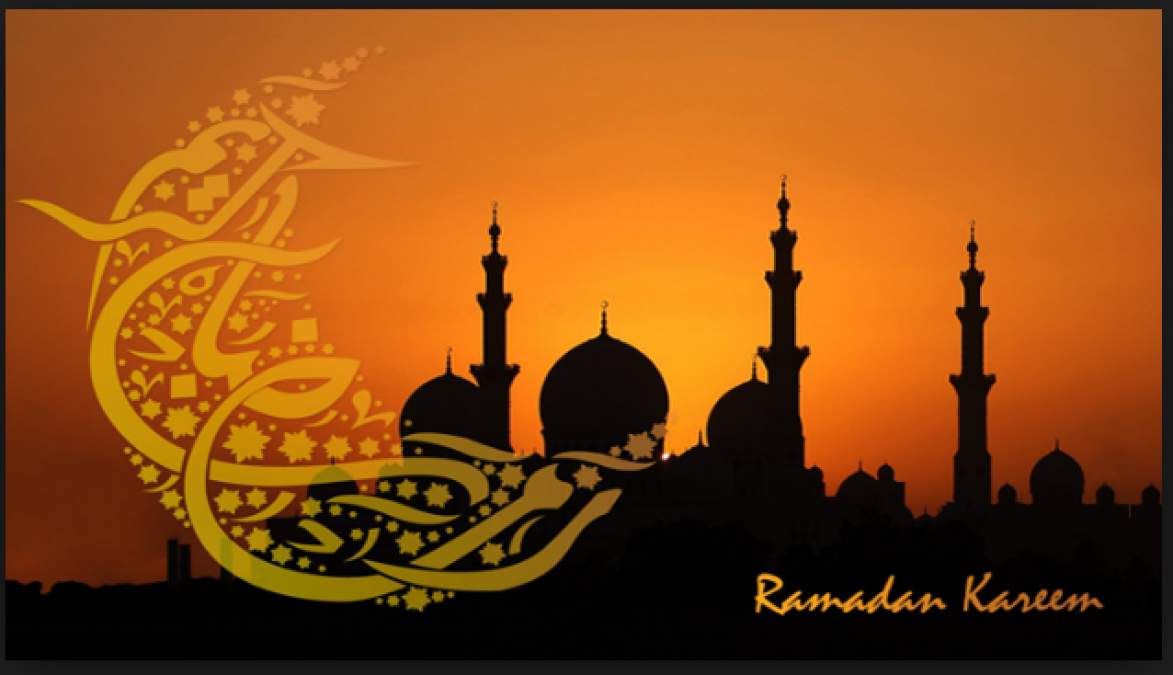
Ramadan History: Ramadan celebrates the date in 610 CE when, according to Islamic tradition, the Quran was first revealed to the Prophet Muhammad. During the month, Muslims the world over are called upon to renew their spiritual commitment through daily fasting, prayer, and acts of charity. But Ramadan is much more than abstaining from food and drink. It is a time to purify the soul, refocus attention on God, and practice self-discipline and self-sacrifice.
Fasting: Fasting during the month of Ramadan, called the sawm, is considered one of the five pillars of Islam that shape a Muslim's life. The Arabic word for fasting means "to refrain," not only from food and drink but also from evil actions, thoughts, or words. The physical fast takes place on a daily basis from sunrise to sunset. Before dawn, those observing Ramadan will gather for a pre-fast meal called the suhoor; at dusk, the fast will be broken with a meal called the iftar. Both meals may be communal, but the iftar is an especially social affair when extended families gather to eat and mosques welcome the needy with food.
also read Sikhism: 5 Guru’s 5 Shabads to remove obstacles
Ramadan Worship and Prayer: During Ramadan, prayer is an important element for much of the Muslim faithful. Muslims are encouraged to pray and attend a mosque for special services. Nightly prayers called tarawill are common, as is rereading the Quran over the course of the month, often in the form of an epic prayer. At the end of Ramadan, before the final fast is broken, Muslims also recite a prayer called the takbeer, which gives praise to Allah and acknowledges his supremacy.
Charity: The practice of charity or zakat is another of Islam's five pillars. Muslims are encouraged to give regularly as part of their faith (zakat), or they may make a sadaqah, an additional charitable gift. During Ramadan, some Muslims choose to make particularly generous sadaqahs as a demonstration of their faithfulness.
Eid Al-Fitr: The end of Ramadan is marked by the Islamic holy day of Eid Al-Fitr, sometimes just called Eid. Eid begins on the first day of the Islamic lunar month of Shawwal, and the celebration may last as long as three days. According to custom, observant Muslims must rise before dawn and begin the day with a special prayer called the Salatul Fajr. After that, they must brush their teeth, shower, and put on their best clothes and perfume or cologne. It's traditional to greet passersby by saying "Eid Mubarak" ("Blessed Eid") or "Eid Sain" ("Happy Eid"). As with Ramadan, acts of charity are encouraged during Eid, as is the recitation of special prayers at a mosque.
More About Ramadan: Regional variations on how Ramadan is observed are common. In Indonesia, for example, Ramadan celebrations are frequently observed with music. The length of the fast also varies, depending on where you are on the planet. Most places have 11 to 16 hours of daylight during Ramadan. Unlike some other Islamic observances, Ramadan is held in equal reverence by Sunni and Shiite Muslims.
also read If you want to avoid Shani Dev Wrath that you must do these things on saturday